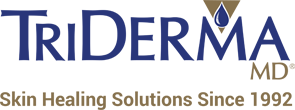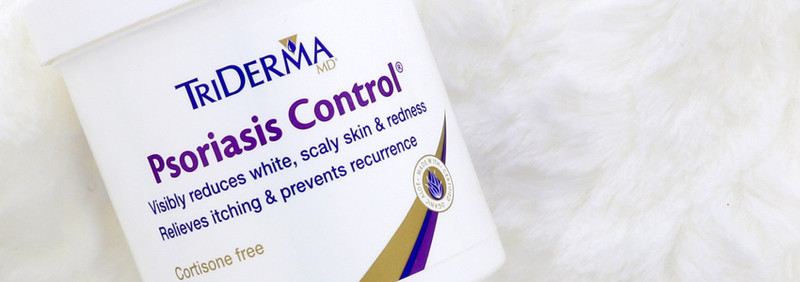Unless you yourself or a close family member have been diagnosed with psoriasis, you probably haven’t heard much about the skin disease. Truth be told, it’s actually a fairly common problem, affecting over 7 million people in the United States including superstars Kim Kardashian and LeAnn Rimes, who have battled psoriasis for years. Psoriasis can affect anyone, though most often adults, and can be hereditary. Causing scaling and inflammation, psoriasis is an autoimmune disease where cell turnover, which typically lasts about a month, is expedited to just a few days. When the cells rise too fast, they pile up on the surface, causing the redness and irritation most commonly associated with the skin disease. Patches of thick, red skin with silvery scales form in the affected areas, usually the elbows, knees, other parts of the legs, the scalp, lower back, face, palms, and soles of the feet, but sometimes in more unusual places like the fingernails, genitals, toenails, and even inside the mouth.
With August being National Psoriasis Month, it’s important to understand not only what causes the skin disease, but the varying levels of severity, and of course, treatment options. While the condition begins in the immune system usually dealing with T cells, not everyone suffering from the condition experiences the same symptoms and distress. Because T cells protect the body, when they’re put into action by mistake, as experienced in psoriasis, they trigger other immune responses that lead to swelling and expedited cell turnover. Those suffering from psoriasis can experience good and bad days, but factors like infection, stress, changes in weather and certain medicines can play into whether the skin gets worse.
How much of the body affected determines the severity of an individual’s psoriasis. Sufferers may experience the condition’s irritating symptoms in multiple places, but the levels of psoriasis are broken down into mild, moderate and severe classifications of covering less than 3 percent of the body, covering 3 to 10 percent of the body and covering more than 10 percent of the body respectively. Symptoms that affect more important areas of the body, say the hands or feet, can also be treated as severe simply for how they affect a person’s everyday quality of life.
Treatment is determined, in part, based on the level of severity each sufferer is experiencing. Topical treatments, such as overthecounter creams or shampoos are suggested to aid those with mild psoriasis, while moderate to severe psoriasis treatments can involve a number of strategies. TriDerma’s skinhealing line for psoriasiscan be the perfect start for those with mild symptoms. Psoriasis Control, a nongreasy cream for the face, scalp and body helps with everyday use and prevents flare ups, and Psoriasis Control Shampoo, which provides fast relief for itchy scalp and controls scaly buildup, are two prime examples of affordable, overthecounter care. For those suffering with moderate and severe psoriasis, doctors can prescribe light therapy or systemic treatment to keep the condition tolerable and under control.

